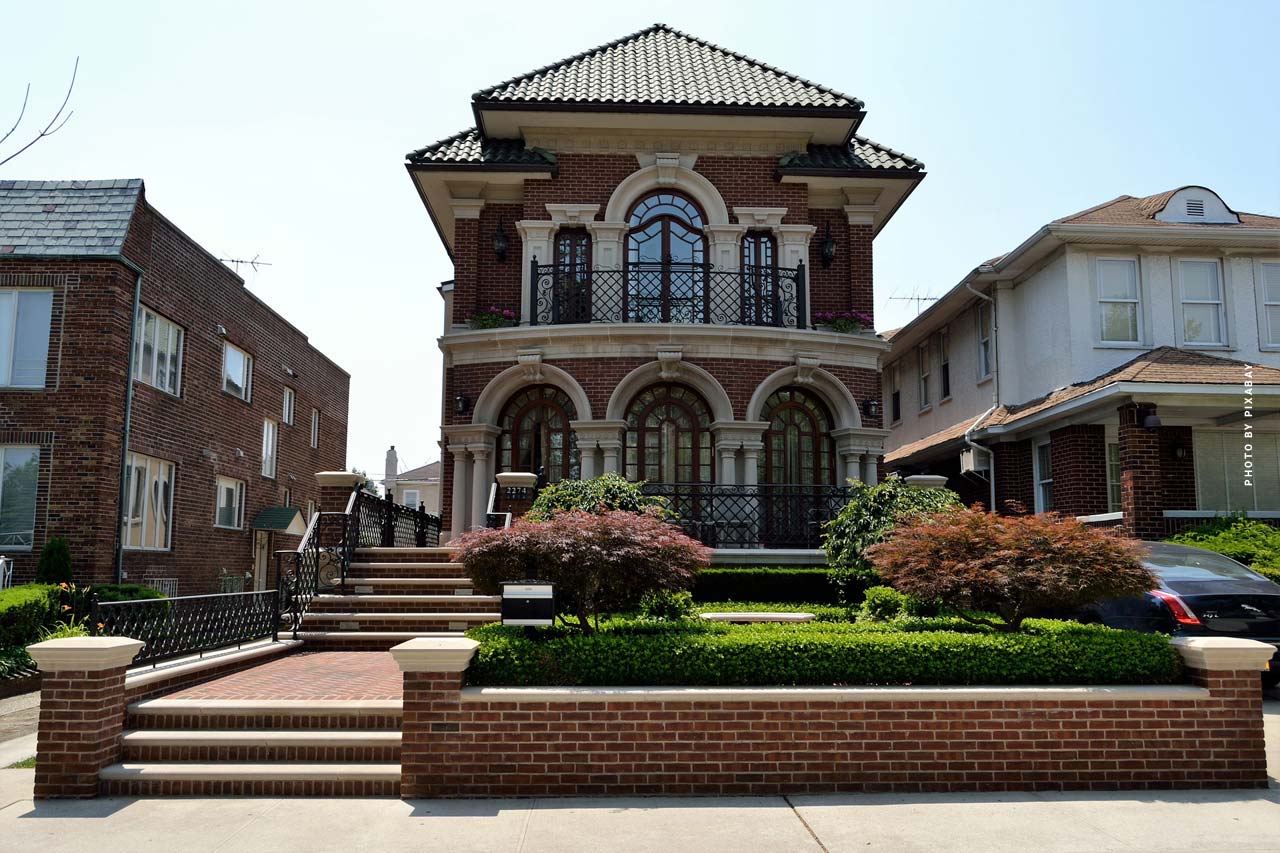Real Estate Transfer Tax – Hidden Additional Cost Explained
When you buy a house, there are additional costs. Among them transfer tax. In addition to mortgage taxes, property taxes, realtor fees, you should be informed about the real estate transfer tax, also called, deed tax or property transfer tax. In short, these taxes require you to pay the IRS a certain amount when you buy property or real estate. There are many details, as each state has unique tax structures, some do not have any transfer taxes, etc. Below a short summary of everything you need to know about transfer taxes.
Taxes when you Buy a Home
Your city, county or state may levy a Transfer Tax, which is a transaction fee for the sale of each property. It is one of the many additional costs accompanying the purchase of real estate. Depending on the location, either the seller or the buyer may be responsible for making this payment. The rate varies depending on the location. In the U.S., this variation takes place across states, across types of real estate, and across county and municipal borders.
“A real estate transfer tax is imposed upon the privilege of transferring title to, or beneficial interest in, real property.” – Civic Federation
Transfer taxes are are controversial, with many supporting it for being an effective method to increase state income with rare and comparatively small amounts. They are criticised for being regressive (i.e. disproportionately affection lower-income households), because they are unpredictable and difficult to understand, among other reasons. The National Association of Realtors has taken an official position against this tax.
Mortgage taxes are one of three taxes when buying real estate. The other two can be found here:

What is a Transfer Tax?
A transfer tax is a tax which is paid for transferring the title of a property from the seller to the buyer. This falls into the category of ad valorem taxes. Transfer taxes are usually based on the cost of the property when being sold. In other words they are a tax on the sale of the home. Some states describe it as a fee for the work which is necessary to perform the documentation of the new ownership.
Different names for transfer taxes (or very similar taxes) are real estate transfer tax, deed transfer tax, documentary stamp tax (in Florida and Pensylvania), real property conveyance fee (Ohio), real estate conveyance tax (Rhode Island), deed recording fee, and real estate excise tax (Washington State).
Who Pays the Transfer Tax?
In most cases, it is conventional for the seller to pay the transfer tax. Nonetheless, this number often becomes part of the negotiation process. Additionally, because there is no law stating that the seller must pay the tax, this is variable. If the seller is exempt from paying a transfer tax, the buyer is then forced to do this. Sometimes, such as in Washington DC, the tax is split 50/50 between seller and buyer.
What are the Different Tax Structures?
Taxes differ not only in their amount, but also in their structure. One popular tax structure is a straight percentage of the sale price, for example 4,5% in Pensylvania, or 4% in Delaware. These percentages give the amount which the seller or buyer must pay the state. 4,5 % in Another structure is Arizona’s flat fee of $2. Or in New York State, a tax rate of $2 per $500 of a home’s sale price. On top of this though, the so-called mansion tax, of 1% on the selling price when the price is larger than $1 mil. In practice, for example in New York City, the transfer taxes you have to pay can reach 2,6% of the selling price.
While most use a percentage of the selling price, this is not always the case.

How much is the Transfer Tax?
Thankfully, unlike your mortgage interest, you won’t have to pay transfer taxes more than once. Transfer taxes are incredibly difficult to calculate, being influenced by state, county, and city laws, as well as additional structuring. Most homebuyers will leave this for their realtor or another agency to calculate. The lowest transfer tax in the U.S. is in Colorado at 0,01%. Meaning that if you buy a house for $1 mil., either the seller or the buyer would pay $100 to the State of Colorado. Another example is the 4% in Pittsburgh, where a purchase of a 1 million dollar home translates to $40.000.
If you choose to buy a property in Los Angeles, you can examine the California tax rate. This is 0.01%, meaning a $1 mil. house requires $100. Yet this does not take into account municipal and county taxes. Municipal transfer taxes in L.A. are 0.45%, and county transfer tax rates in Los Angeles 0.11%. Effectively, buying a 1 mil. house in Los Angeles means $540 of transfer tax.
In California, a $1 mil house = $100 transfer tax
In Los Angeles, a $1 mil house = $540 transfer tax
When do you not have to pay a Transfer Tax?
You do not have to pay a transfer tax when…
- Transfers to children and grandchildren
- Tansfers based on a lawful divorce
- Transfers to co-tenants after the death of one of the parties
- Transfers of cemetery plots
Are Transfer Taxes High in the U.S.? Country Comparison
Generally, the U.S. does not have a very high transfer tax compared to other countries. One comparison found that, on average in the U.S., the property transfer tax is 0,6% on high-value properties. This is almost nothing compared to Belgium (11,3%) or Germany (5,3%)
- Belgium – 11,3%
- Germany – 5,3%
- United Kingdom – 3,5%
- Canada – 1,8%
- U.S.A. – 0,6%
- New Zealand – 0,0%

What States do not have a Transfer Tax?
Additionally, not all states have transfer taxes. In these states, no forms of transfer taxes exist. Some states though, such as Colorado or Kentucky, do not have state transfer taxes, but local transfer taxes. Finally, other taxes may also exist though, such as a mandatory local transfer tax with local rate options. Below the states that do not have transfer taxes at all.
- Montana
- Utah
- Indiana
- North Dakota
- Alaska
- Missouri
- Mississippi
- Louisiana
- Oregon
- New Mexico
- Wyoming
- Idaho
- Kansas
- Texas
Transfer Taxes
These hidden fees can often come as a shock to homebuyers. Yet they are important to keep in mind. There are many more of such taxes and fees which often go under the radar. Not so secret, and a hassle for many, the ever so complicated property taxes. Check out our article for a breakdown of property taxes, where it is most expensive to own property, and what exactly is taxed in property tax.
These are just some of the ins and outs to know for real estate taxes. To learn how to save more, read















